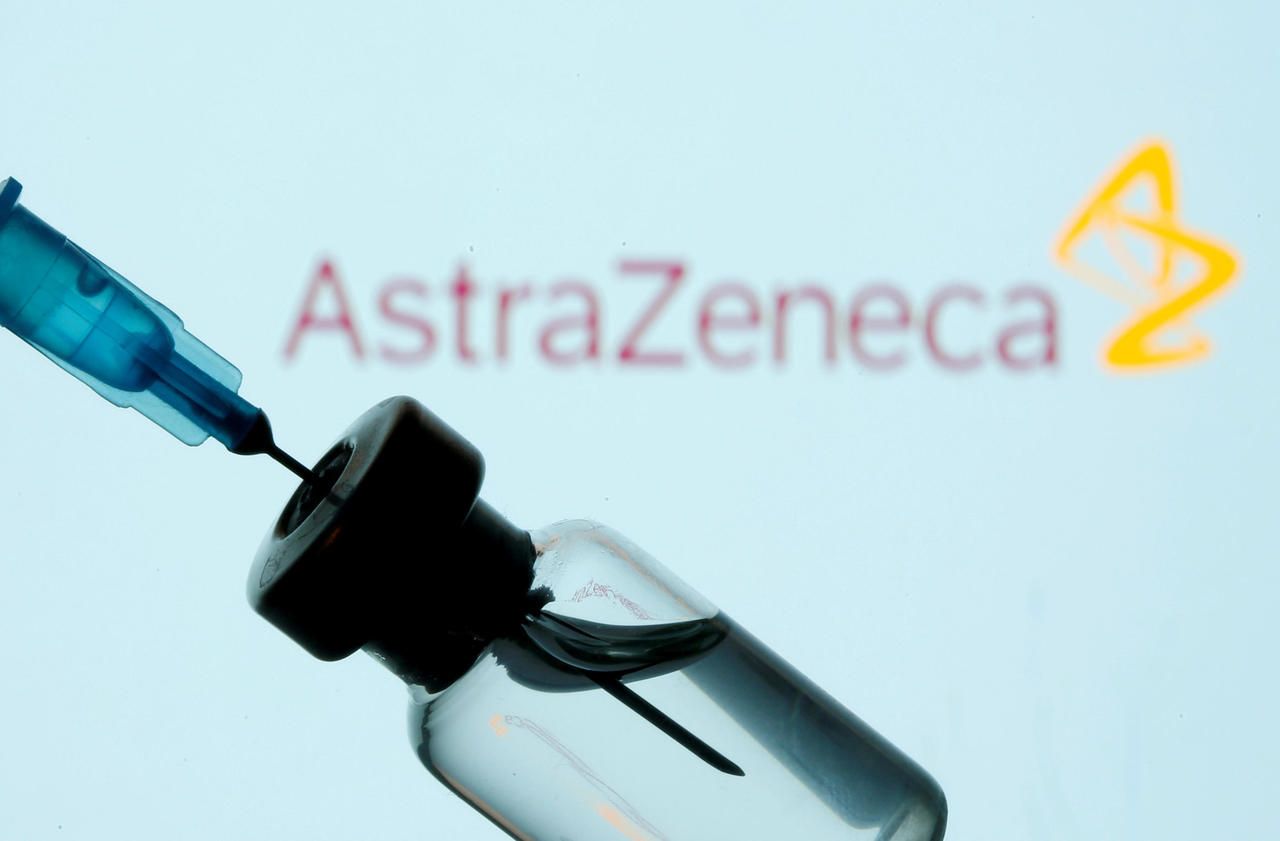There are doubts about the effectiveness of the AstraZeneca vaccine.
Two German media outlets, Bild and the business daily Handelsblatt, said Monday evening that the German government was cautious about the effectiveness of the product, developed with the University of Oxford, on people over the age of 65.
But the British pharmaceutical company defended on Monday evening the effectiveness of its vaccine against Covid-19 for people aged over 65, denying these claims that Berlin questions the performance of the product for this age group.
"The articles according to which the effectiveness of the AstraZeneca / Oxford vaccine is only 8% in adults over 65 years old are completely false," said a spokesperson for the company.
According to Handelsblatt, who claims government sources, Berlin is counting on efficiency of only 8% for this age group.
Bild Zeitung, also under cover of government sources, writes that Angela Merkel's coalition expects the AstraZeneca / Oxford vaccine, which is due to receive the EU regulatory green light on Friday, will not be licensed for more 65 years old… with a significant impact on the vaccination strategy of many countries.
READ ALSO>
Anti-Covid vaccine: "If we get lost, vaccinology will be discredited", worries Eric Caumes
The British laboratory, whose vaccine is already authorized and widely deployed in the United Kingdom, further explains in its press release that it published scientific data in the journal The Lancet in November, "showing that the elderly have shown strong immune responses to vaccine, 100% of which generated specific antibodies after the second dose ”.
AstraZeneca was the subject of a call to order from the European Commission on Monday after announcing last week that deliveries of its product would be lower than expected in the first quarter due to a "drop in yield" on a European manufacturing site.
Brussels deemed these delivery delays “unacceptable” and now demanded “transparency” on the export outside the EU of the doses produced there.








